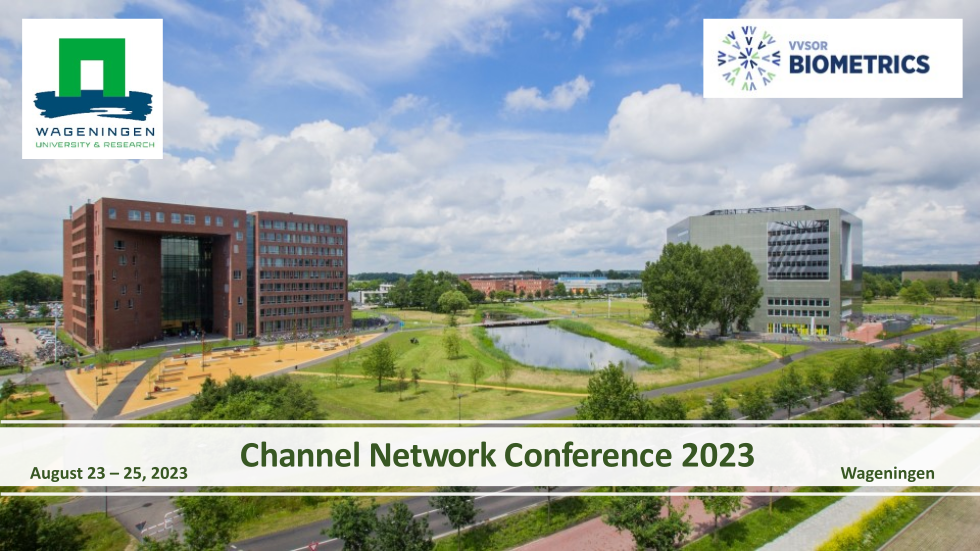
|
|
|
Short coursesThe CNC traditionally starts with short courses. CNC23 has 3 exciting short courses with a wide span of methodologies and application domains. You can sign up for a short course when registering. Further registration information can be found here.
SHORT COURSE 1: Statistical Integration of Multiple Omics Datasets using OmicsPLS Said el Bouhaddani (University Medical Center Utrecht) & Jeanine Houwing-Duistermaat (Radboud University) In many studies, multiple omics datasets are available, e.g., transciptomics glycomics, methylation. These datasets are supposed to represent the same complex biological mechanisms. Therefore, data integration methods have been developed to extract the relationships between the datasets (dimension reduction) and to provide a first understanding of the relevant features for this relationship. Two main challenges arise when dealing with omics data integration: (i) high dimensional and highly correlated features, (ii) heterogeneity among omics data. Partial least squares (PLS) and its extension two-way orthogonal PLS (O2PLS) are popular tools for omics data integration. To facilitate interpretation in terms of relevant features, a sparse group O2PLS approach can be used (GO2PLS). These methods are made available in the open source ‘OmicsPLS’ R package for heterogeneous omics data integration. This half day course introduces the fundamental concepts behind omics data integration based on latent variable models and joint principal components. We will explain how to deal with heterogeneity between omics data and how to perform feature selection. Emphasis is given on applications, and the OmicsPLS package will be introduced and used during a practical R session. You can also bring their own dataset. At the end of the course, you should have a deeper understanding of omics data integration and be able to perform and interpret data integration results with OmicsPLS. You are expected to be familiar with linear regression modelling and have basic knowledge of R.
SHORT COURSE 2: Developments in Statistical Methodology and Software for Plant BreedingVSN international, Fred van Eeuwijk, & Martin Boer (Wageningen University & Research) Plant breeding for a long time relied on phenotypic data analysis as the basis for breeding decisions. The genomic data revolution introduced molecular markers into plant breeding and caused a shift from mainly phenotype driven decision making to genomics-based decision making. Especially mixed models were used to predict phenotypes from marker profiles in QTL and genomic prediction models that served to help plant breeders taking selection decisions. With the recent rise in availability of advanced data collection devices and tools for phenotyping and envirotyping, plant breeding faces the challenge of how to integrate large amounts of new and heterogenous data into the decision making process. In this workshop, we present state of the art mixed model and penalized regression technology to address the statistical challenges that modern plant breeders are facing. We discuss methods for single and multiple trial analyses and show how to integrate genetic, genomic, phenotyping and envirotyping data. Practical use of R software will be demonstrated for a number of applications. SHORT COURSE 3: An Introduction to Stochastic Block Models for the Detection of Structures in Ecological NetworksSophie Donnet (INRAE @ Mathématique et Informatique Appliquées, Paris-Saclay) Ecological networks are made up of nodes, representing biological entities of interest and edges representing the interaction being studied. Stochastic block models (SBMs) and their extension to bipartite networks are convenient tools to modelize heterogeneity in (ecological) networks by introducing blocks of nodes sharing the same pattern of connection. This short-course presents SBMs for unipartite, bipartite or more complex networks and illustrates their flexibility. I will present a statistical inference method relying on a variational version of the EM algorithm. The number of blocks will be chosen by an adhoc penalized likelihood criterion. My short-course will be an interactive mixture of lecture and practical applications on ecological datasets. I will use the sbm R-package. |

